It’s been a turbulent year, and not just in the outside world. Inside radio, digital is changing not just when and how we listen but content, too. Classic FM overturned its daily schedule in the run-up to Christmas to stage an all-Mozart day with nothing but the virtuoso’s works for 24 hours. It was a bold step by the commercial station, reliant on advertisers (and therefore listener figures) for its survival. How many non-Mozart-enthusiasts would be turned off by such a monothon? That Classic FM was prepared to take the risk suggests that the conventional division of the day into separate programmes, making sure there is something for everyone in a daily mixed bag, is becoming less important now that digital means we can go in search of something different whenever there’s something ‘live’ that does not appeal.
Earlier this year, Radio 3 (which back in 2011 devoted 12 days to nothing but Mozart) took the idea further by giving us River of Music, 12 hours of continuous music, hand-picked and sequenced as a single stream with not a word spoken to interrupt the flow. Such an idea would have been anathema to the station 70 years ago when it was born, the lack of information about what was being played, the unrelieved diet of music deemed unhelpful if not irritating for listeners. This, though, is no longer a problem because all the information can be posted online.
Digital also means that we no longer need to pore over the pages of Radio Times, checking out what might be on and when so as not to miss it. Podcasts, listen again, downloads have put the listener in charge, not the network controller. Next year this will be taken a step further, the BBC’s director-general Tony Hall has promised, announcing that he wants to develop iPlayer by turning it into ‘a Netflix of the spoken word’. This will be a new kind of on-demand radio, with listeners free to summon up programmes at random whether they have been broadcast yet or not.
All the treasures of radio available whenever you want sounds like a great advance. But I wonder. To lose the serendipity by which it’s possible to switch on and find yourself taken right inside a different world is a real and substantial loss, depriving listeners of the chance to discover something they’ve never thought of before, or understood, to come across something they would not normally choose to listen to. Such random encounters are often the most resonant. A prisoner at Long Lartin singing ‘Amazing Grace’ with such startling directness one Sunday morning on Radio 4. Discovering from Science Stories on 4 that Florence Nightingale was a brilliant statistician (as well as a hopeless nurse). A junior doctor talking on Radio Five Live about the dangers of resuscitating the elderly, ‘This is not Holby City.’ Radio being used as ‘a weapon’ by the director of the Syrian station Radio Alwan, now based in Istanbul, saying on Radio 3 that it ‘allows you to enter the houses of people and talk to them’.
And all this without mentioning Helen and Rob (and that infamous kitchen knife). Just goes to show that you don’t need melodrama to pull in the listeners. The transformation of The Archers into a ‘contemporary’ domestic-abuse saga has transformed Ambridge into a compelling listen (not for the best of reasons) and a persistent headline-hitter. Who would have thought it? The world of Joe Grundy and Lynda Snell taking over Twitter and the tabloids. And there’s not much hope things will calm down next year with Rob still rampaging through the village.
Once upon a time the World Service had its own soap, Westway, broadcast twice a week for eight years until 2005. It was set in London but had characters from all nationalities to draw in a global audience. It was axed, ostensibly because it didn’t fit in with the schedule, which was being redesigned to be more news- and fact-based. That was in the bad old days of World Service shrinkage. Just last month, though, a huge expansion of the network was announced, with 11 new language services being created, transmitting most significantly in Korean to the ‘Korean peninsula’ as well as in Amharic, Pidgin, Tigrinya and Afaan Oromo. The English-speaking network is also being given more funding; a lot more, although not as much as in its heyday when it was regarded as a prize too precious to be reliant on the licence fee and was funded by the Foreign & Commonwealth Office.
Insomniacs who listen to the World Service through the night will be relieved to hear that Mary Hockaday, the controller of World Service English, promises listeners will experience ‘fewer repeats’. A range of new programmes will be available as podcasts, like World Hacks, which will look for resolutions to the big news stories instead of hyping up the drama. Meanwhile CrowdScience will take questions from listeners around the world and look for the experts who can answer them. Scientists in a lightning lab in Wales, for instance, have come up with the answer to a question from Uganda about the possibility of harnessing the power of lightning to provide electricity. Technology drawing together a global community, just like radio.
Got something to add? Join the discussion and comment below.
Get 10 issues for just $10
Subscribe to The Spectator Australia today for the next 10 magazine issues, plus full online access, for just $10.
You might disagree with half of it, but you’ll enjoy reading all of it. Try your first month for free, then just $2 a week for the remainder of your first year.

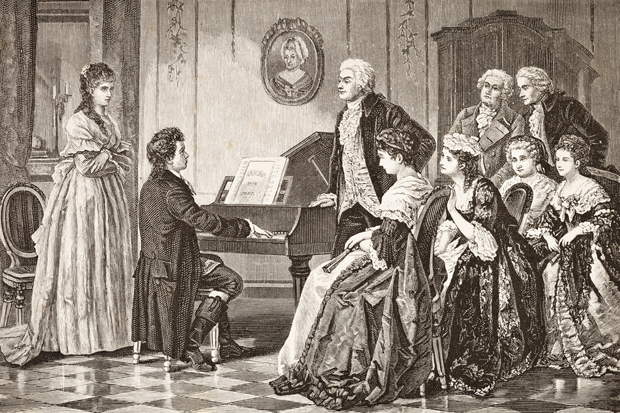
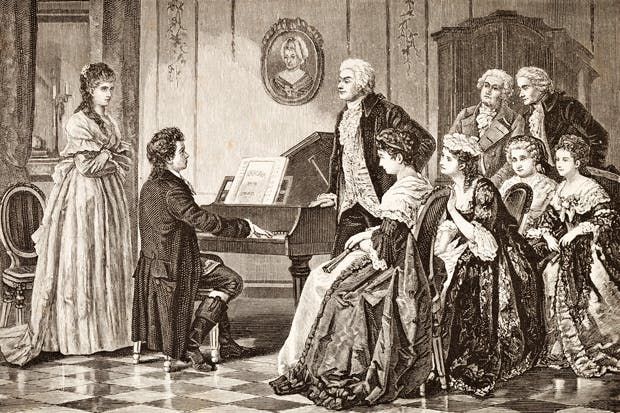

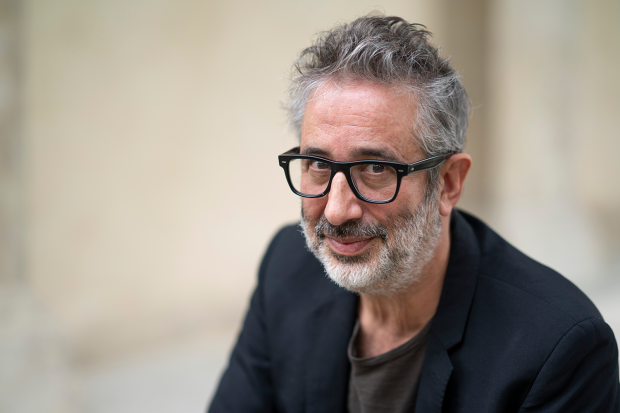
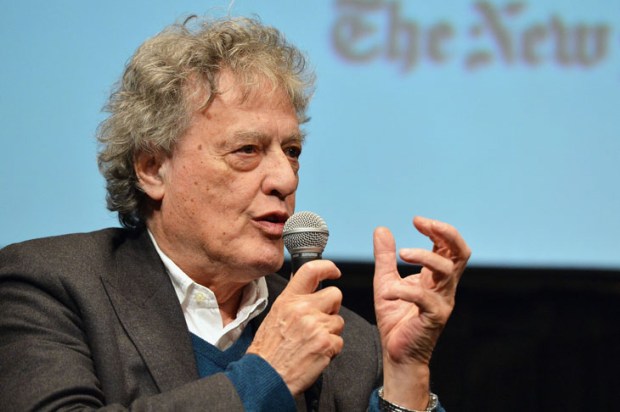
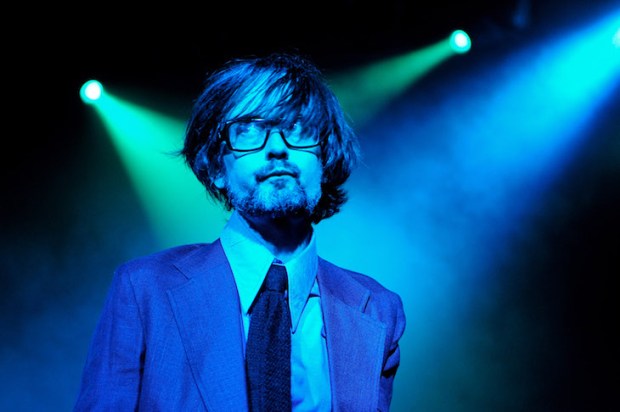






Comments
Don't miss out
Join the conversation with other Spectator Australia readers. Subscribe to leave a comment.
SUBSCRIBEAlready a subscriber? Log in